Report: Only Croatia could join EU by 2010
Among the seven regional nations striving for the EU, only Croatia may be ready to join before the end of the decade.
Tuesday, 06.11.2007.
09:19

Among the seven regional nations striving for the EU, only Croatia may be ready to join before the end of the decade. The assessment is contained in an EU report to be issued today. Report: Only Croatia could join EU by 2010 All the others will need at least five years to prepare themselves economically and politically for membership, according to the European Commission's annual progress report. The Associated Press obtained a draft of the report. The report assesses progress made by Croatia, Turkey and Macedonia — the three current candidates for EU membership — and by four countries hoping to become formal candidates in the next year or two, Albania, Bosnia, Montenegro and Serbia. Other than Croatia, none can expect to gain membership within three to five years, the report said. Since 2004, the EU has grown from 15 to 27 member states. Since 2000, when its first pro-Western government took power, Croatia has moved closer to achieving its goal of joining the EU and NATO. The Western military alliance is expected to invite Croatia to join at a summit in April. The EU report warned Croatia, however, that it still needs to do more to reform the judiciary, fight corruption and enable the return of Serb refugees who fled after the 1991-95 civil war. By contrast, Turkey — which implemented some political reforms in 2007 — needs to focus on protecting freedom of speech, achieving civilian control over the military, ensuring the rights of its non-Muslim citizens, strengthening trade union rights and protecting women and children, the document said. Serbia's economy has grown significantly in the past year, inflation is negligible, and government reforms have contributed to creating a functioning market economy, the report said, adding that foreign direct investments continued to show strong growth. But it criticized Belgrade for maintaining "excessive" bureaucratic barriers to foreign investment and for slowing the process of privatization of state-owned industries. "Democratic forces are fragile," the report said, "and nationalist parties are still setting the agenda." The Commission said Macedonia, too, had made progress in creating a market economy, but said a lack of dialogue between political parties was paralyzing the democratic system. Montenegro, which recently initialed a so-called Stability and Association Agreement, seen as a first step toward EU membership, has made an important stride since gaining independence in 2006 by adopting a constitution, the report said. But country still lacks "administrative capacities" and is lagging in the battle against corruption, the report said. Albania performed well economically and plays a positive role in maintaining regional stability, the report said. But corruption and organized crime remain the country's foremost problems, it said. Bosnia's ethnic tensions continue to hinder the work of its government institutions, the report said. A complicated administrative structure and nationalist rhetoric have jeopardized the government's reform agenda and have slowed progress toward creating a functioning market economy, it said.
Report: Only Croatia could join EU by 2010
All the others will need at least five years to prepare themselves economically and politically for membership, according to the European Commission's annual progress report. The Associated Press obtained a draft of the report.The report assesses progress made by Croatia, Turkey and Macedonia — the three current candidates for EU membership — and by four countries hoping to become formal candidates in the next year or two, Albania, Bosnia, Montenegro and Serbia.
Other than Croatia, none can expect to gain membership within three to five years, the report said. Since 2004, the EU has grown from 15 to 27 member states.
Since 2000, when its first pro-Western government took power, Croatia has moved closer to achieving its goal of joining the EU and NATO. The Western military alliance is expected to invite Croatia to join at a summit in April.
The EU report warned Croatia, however, that it still needs to do more to reform the judiciary, fight corruption and enable the return of Serb refugees who fled after the 1991-95 civil war.
By contrast, Turkey — which implemented some political reforms in 2007 — needs to focus on protecting freedom of speech, achieving civilian control over the military, ensuring the rights of its non-Muslim citizens, strengthening trade union rights and protecting women and children, the document said.
Serbia's economy has grown significantly in the past year, inflation is negligible, and government reforms have contributed to creating a functioning market economy, the report said, adding that foreign direct investments continued to show strong growth.
But it criticized Belgrade for maintaining "excessive" bureaucratic barriers to foreign investment and for slowing the process of privatization of state-owned industries.
"Democratic forces are fragile," the report said, "and nationalist parties are still setting the agenda."
The Commission said Macedonia, too, had made progress in creating a market economy, but said a lack of dialogue between political parties was paralyzing the democratic system.
Montenegro, which recently initialed a so-called Stability and Association Agreement, seen as a first step toward EU membership, has made an important stride since gaining independence in 2006 by adopting a constitution, the report said.
But country still lacks "administrative capacities" and is lagging in the battle against corruption, the report said.
Albania performed well economically and plays a positive role in maintaining regional stability, the report said. But corruption and organized crime remain the country's foremost problems, it said.
Bosnia's ethnic tensions continue to hinder the work of its government institutions, the report said. A complicated administrative structure and nationalist rhetoric have jeopardized the government's reform agenda and have slowed progress toward creating a functioning market economy, it said.






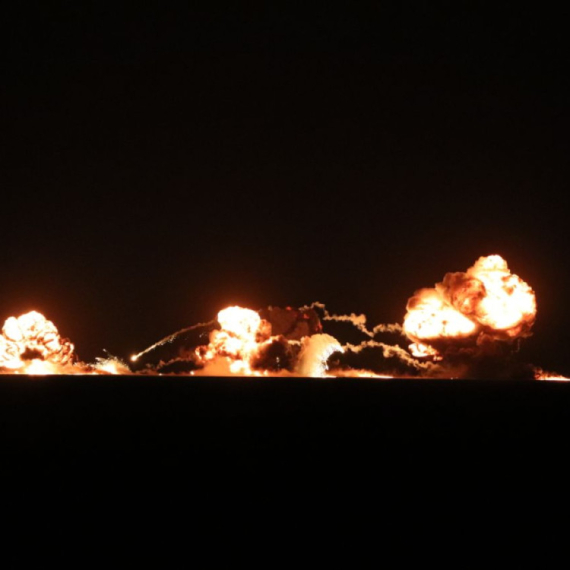






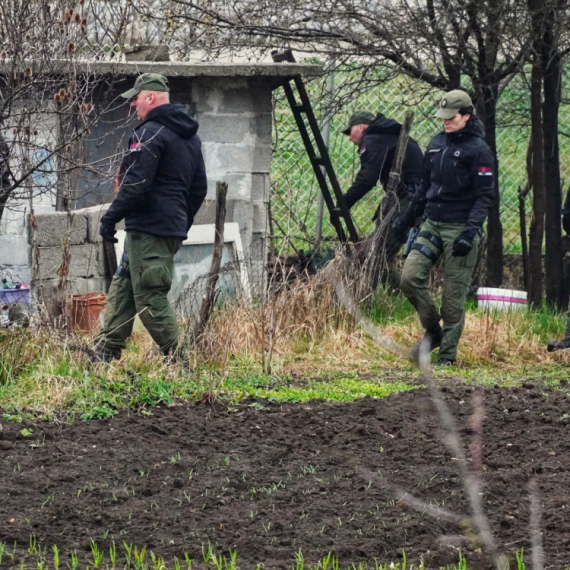

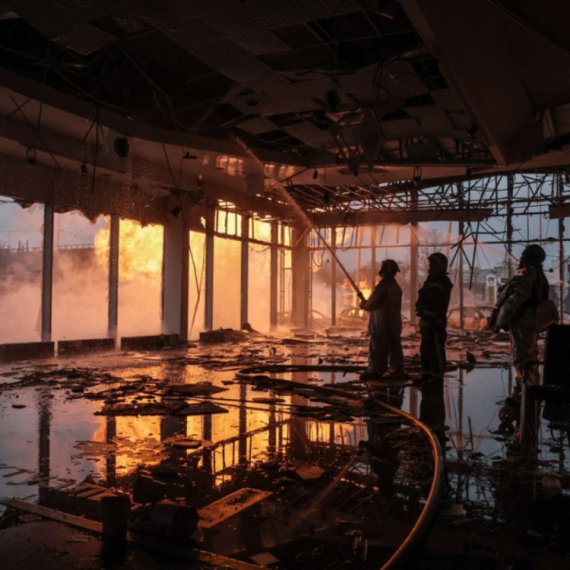

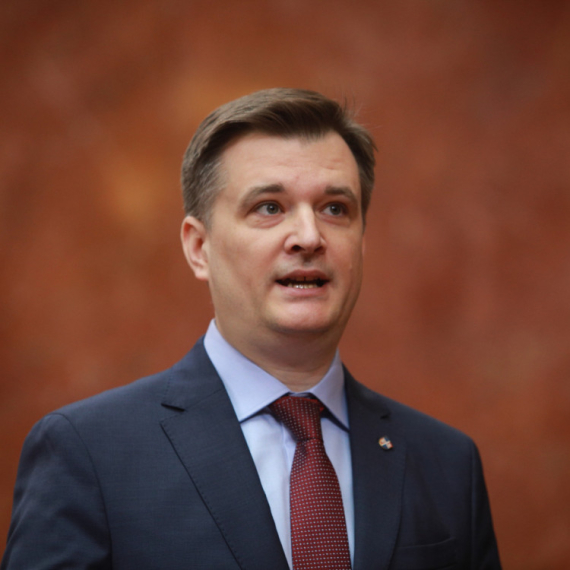
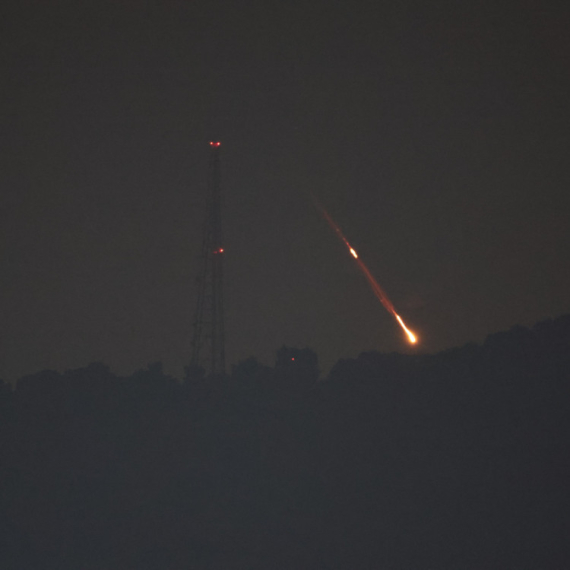
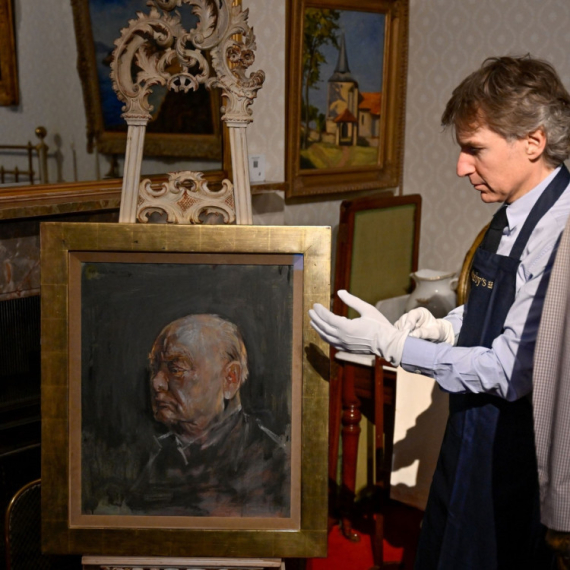
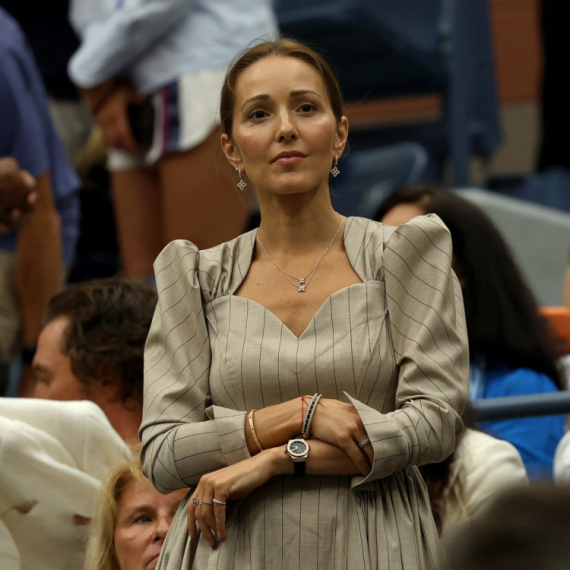


















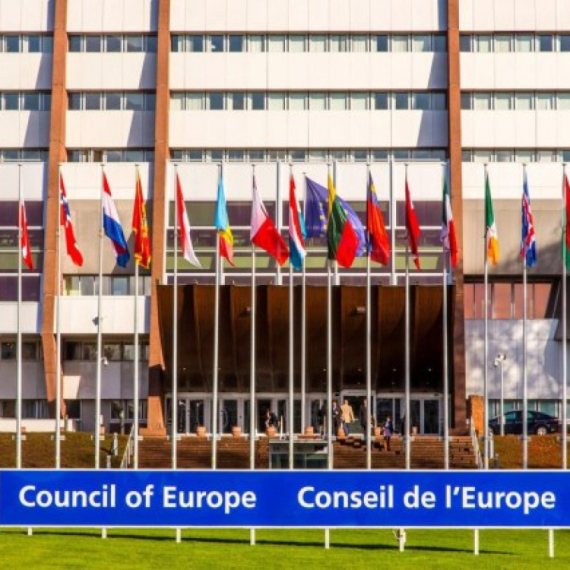













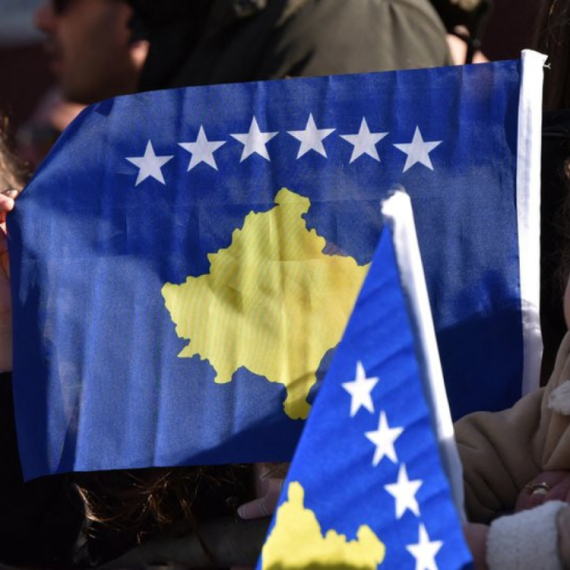





Komentari 7
Pogledaj komentare